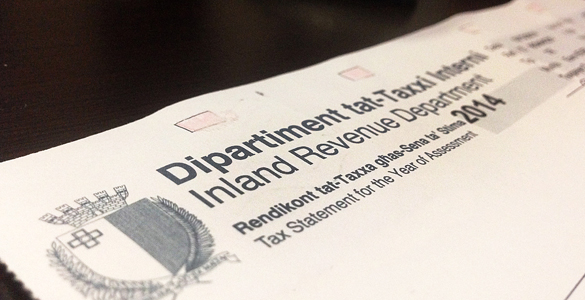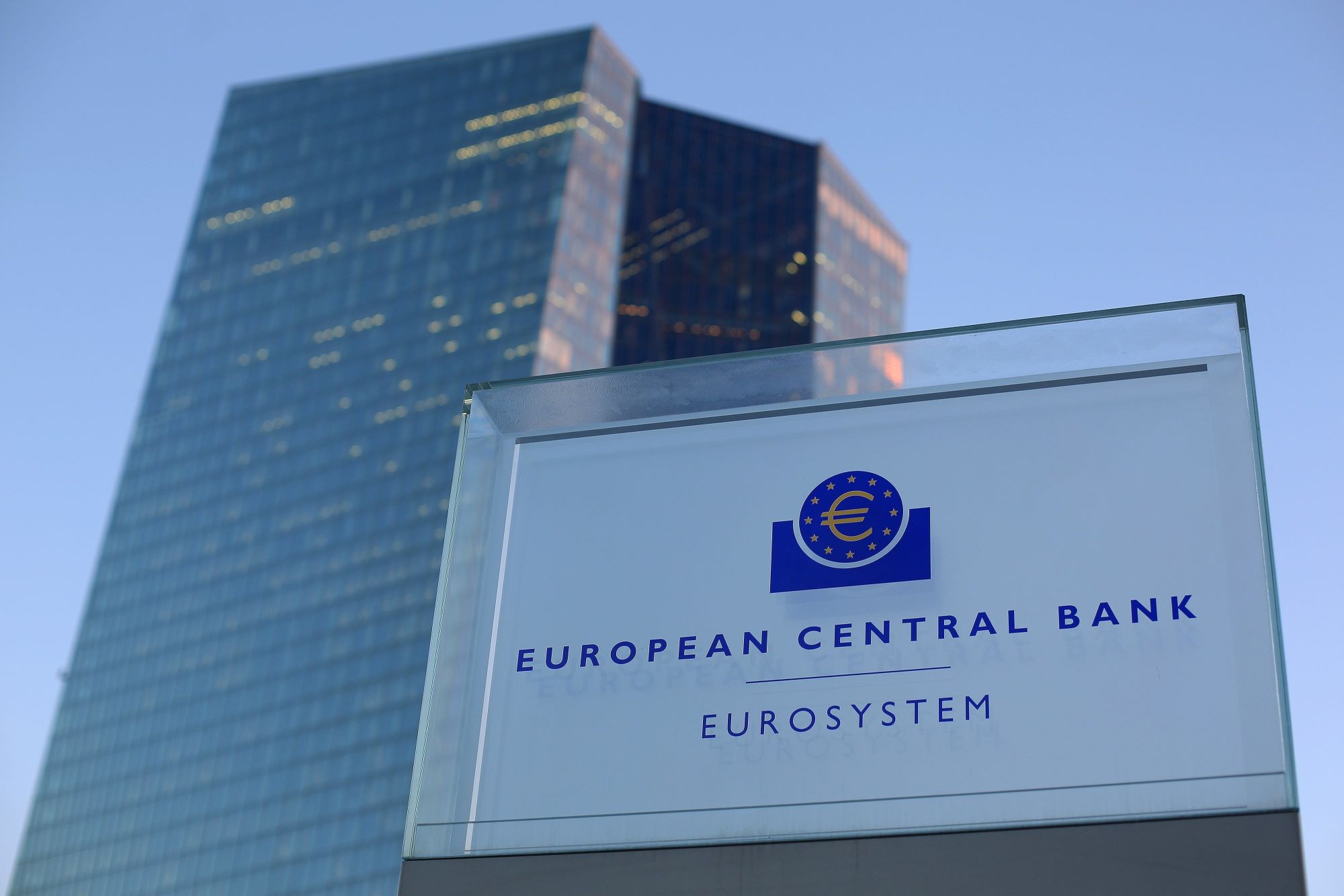Money may have been ‘cheap’ over the last years, but it was never free for those seeking home, commercial and personal loans. The price of money is reflected in the interest rate charged to borrow it, but how is it worked out, and how does it relate to capital?
Today’s column by Marisa Said, who heads the Consumer and Microbusiness Finance Department at Bank of Valletta, continues a series of articles aimed at demystifying the world of credit.

The first article, on sanction letters, can be found here. Other entries tackled the difference between secured and unsecured loans, collateral, the difference between general and special hypothec, and the meaning of special privilege in a mortgage.
Ms Said has over 30 years of experience in retail banking, most of which are directly related to mortgages, and is a key trainer in the area of home loans.
She explains:
Capital and interest are two distinct concepts. In general, capital is the principal amount of a loan, while interest is the cost associated with it.
The two are interrelated, as the amount of interest paid depends on the amount of capital borrowed and the interest rate charged.
In the context of borrowing, capital refers to the initial amount of money borrowed from a lender. For example, if someone takes out a loan for €10,000, the capital is €10,000.
Interest, on the other hand, refers to the cost of borrowing money. It is the fee charged by the lender for the use of the borrowed capital. The interest rate is usually expressed as a percentage of the amount borrowed or invested.
An Expert Explains is a BusinessNow.mt initiative to improve economic financial literacy by inviting industry leaders to explain technical terms in a manner that can be understood by a general audience. If you would like to suggest a term or concept for our network of professionals to break down, or if you are an expert willing to contribute to this column, send us a message on our Facebook Page.
Top 5% of taxpayers responsible for one-third of all income tax paid in Malta
On the other hand, the bottom third of income earners pay just 1.7% of all income tax generated
The Malta Institute of Accountants prepares for its 2024 Anti-Money Laundering Conference
Held at the Radisson Blu, St Julians, this latest AML Conference promises to bring exclusive insights on new procedures
Eurozone interest rates to remain unchanged
The European Central Bank noted that price pressures remain persistent






